Richard Jones is a nationally acclaimed entomologist, a fellow of the Royal Entomological Society and of the Linnean Society of London, and past president of the British Entomological and Natural History Society.
He has been fascinated by wildlife since a childhood exploring the South Downs and Sussex Weald after plants and insects. He now writes about insects, wildlife and the environment for the likes of BBC Wildlife, Gardeners’ World, The Guardian, The Sunday Times, and Countryfile and has regular radio appearances on programmes like Radio 4’s Home Planet, Natural Histories, and Woman’s Hour.
He is author of several books on insects and wildlife including: Beetles in the Collins New Naturalists series (2018), Call of Nature: the secret life of dung (Pelagic Publishing, 2017), House Guests; House pests — a natural history of animals in the home (Bloomsbury 2015), Nano Nature (Harper Collins, 2008), Beekeeper’s Bible (HarperCollins, 2010), Extreme Insects (HarperCollins, 2010, now in paperback).
In Mosquito one of the award-winning Animal series (Reaktion Books, August 2012) he recounts the sly history of mosquitoes’ relationship with mankind, and their transformation from an annoying, but trivial, gnat into a dark and serious disease-carrying menace that kills 700,000 people a year.
On a lighter note, The Little Book of Nits was published by Bloomsbury in May 2012. Head lice are on the resurgence, but almost everything you think you know, or have been told, about these tiny irritating little blighters, will almost certainly be wrong. And his other blog Nit Heads, is all about the wonderful world of head lice. Scratch. Scratch.
He also writes an award-winning blog on wildlife at www.gardenersworld.com (no head lice there yet, but plenty of other creepy crawlies). Cats get the occasional mention too, much to the distress of some irate gardeners. And don’t mention fox dung.
He lives in South London and haunts Nunhead Cemetery, Sydenham Hill Woods and the Horniman Museum. Here’s an interview in The Independent.


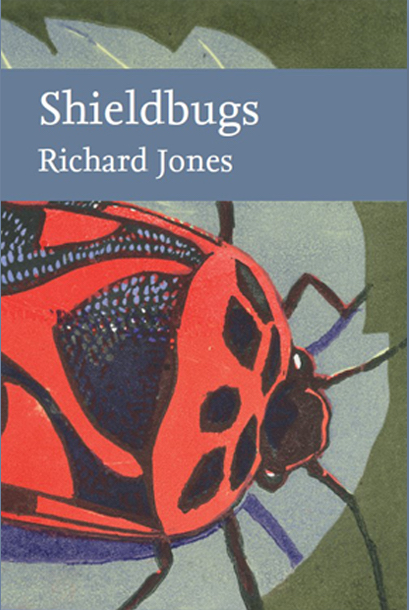



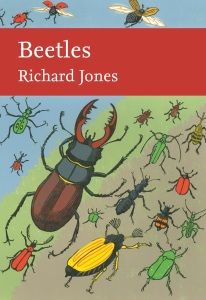









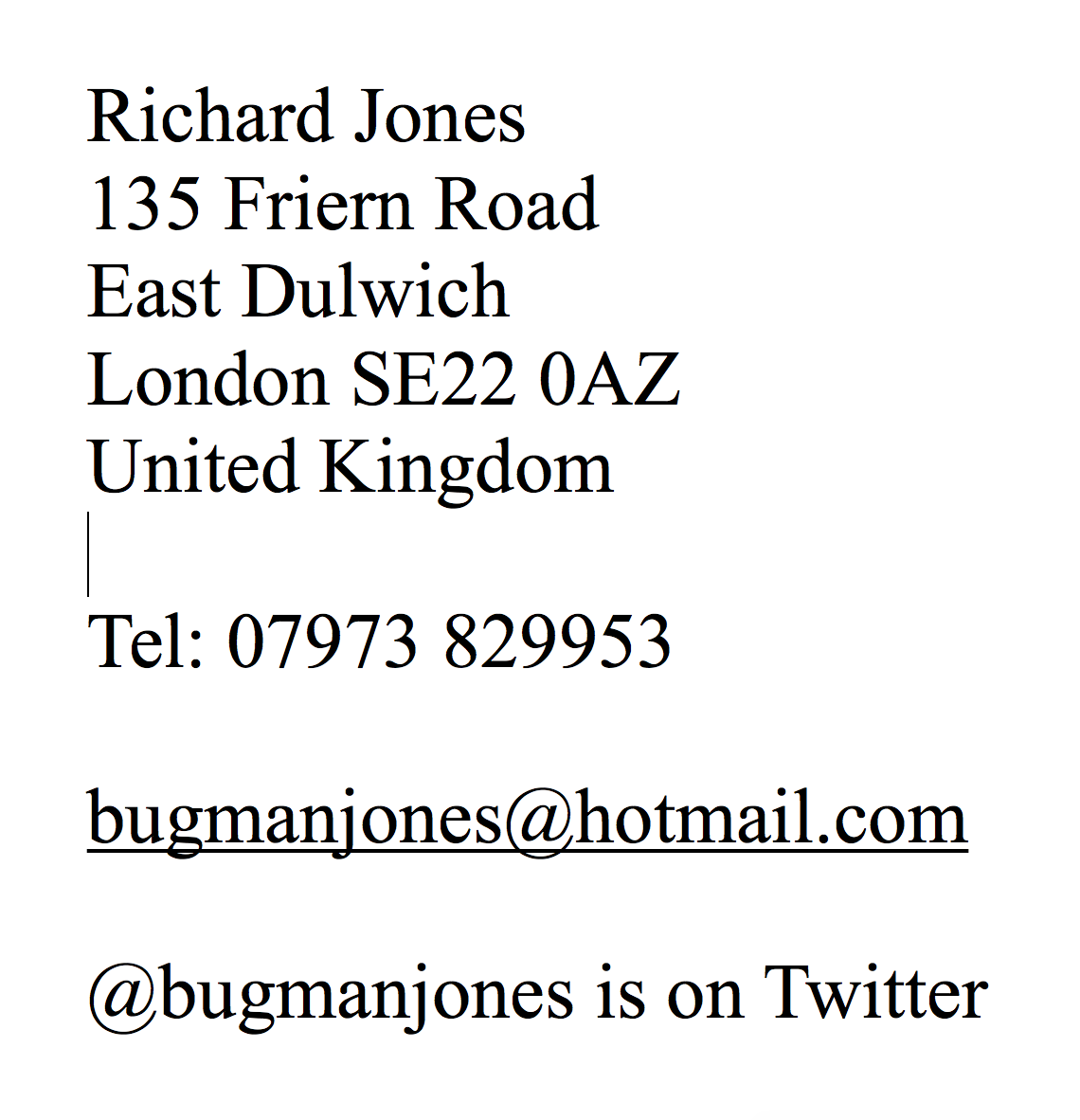


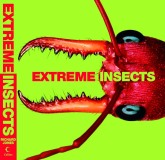
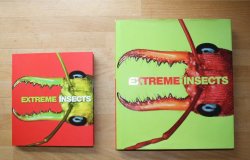
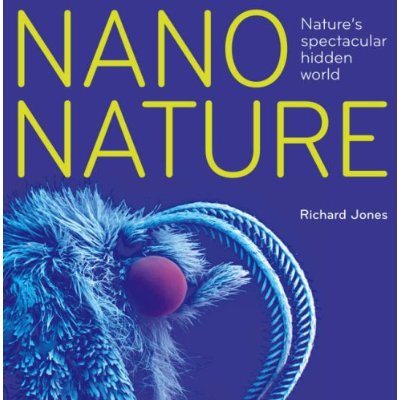
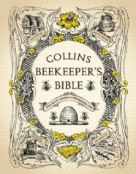



We should be interrupting the life cycles of insects, WITHOUT THE USE OF PESITCIDES….can we discuss????
I am the “Bug Man” too!!!
Pingback: The Week on Sunday | Splendour Awaits
I’m reading your ‘Mosquito’ book now, and in the first chapter I have spotted an error: The Culicidae is only divided into two subgenera, not three. Whilst Toxorhynchitinae was a subfamilial name, it is not currently recognised, and instead it is actually considered a Tribe named ‘Toxorhynchitini’ within the Culicinae. See here: http://mosquito-taxonomic-inventory.info/tribe-toxorhynchitini-lahille-1904
Other than this point I am enjoying the the plates and background information which I have, until now, been unfamiliar with, and will carry on reading this interesting work. Thank you!
Lorna, thanks for your comment. Classification is constantly in flux, even for well-studied insects like mosquitoes. This is the sort of editorial change to be made in future editions.
I enjoy reading the book ‘extreme insects’. I’m very surprised that the number of ommatidia of one dragonfly, Anax junius, is 29,247. Could you tell me what paper that number come from?
Hi Noppadon
I think the reference is: Sherk, T.E. 1978. Development of compound eyes of dragonflies. III Adult compound eyes. Journal of Experimental Zoology 203: 61-80. The usual quoted figure is 28, 672 ommatidia mapped to pseudopupils, but a grand total of 29, 247 ommatidia in one single eye.
head lice are really nasty, i always want to kill them on the top of my head.`
Remember to read this useful web page
http://www.healthmedicinecentral.com/where-is-your-pancreas/
Remarkable
Pingback: Amateur, professional and academic interactions: A day with the British Entomological and Natural History Society | Don't Forget the Roundabouts
Pingback: Mark On the Importance of Wit – The Well-read Naturalist
Hi Richard,
Just read the BBC Newsbeat article about spiders and how they don’t bite.
I once rescued a rather large house spider out of the bath. I picked it up whereupon it bit me on one of my fingers, such was the strength of the bite that when I shook my hand to get it off it managed to ‘hold on’ for a second or two.I am a little more wary when I pick them up now!
Regards
Rob